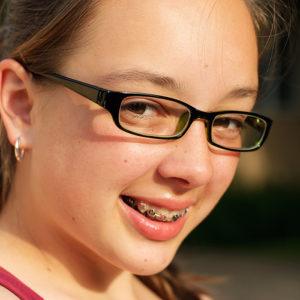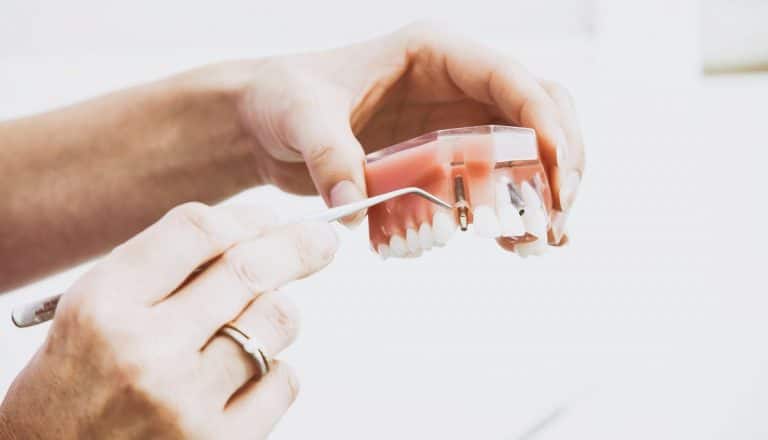How Will My Diet Change With Braces?

GOOD NUTRITION IS extremely important to having a healthy smile. It also aids in orthodontic treatment!
By eating right during your treatment, you can make sure your teeth are strong enough to support braces as well as avoid any setbacks.
Avoid Hard, Chewy Foods With Braces
In reality, your diet won’t change much because of orthodontic treatment. There are, however, some foods that you should avoid. Your braces may be sturdy and strong, but they’re not invincible. Do your best to stay away from the following foods while wearing braces:
- Popcorn
- Nuts
- Ice
- Hard candies
- Chewy, sticky candy such as taffy, gummy bears, caramel, etc.
- Hard cookies or crackers
There are also foods that you should eat with caution, such as:
- Raw vegetables. It is better to cook vegetables such carrots and broccoli before eating them so they are softer and easier on your braces.
- Fruit. Cut up harder fruits such as apples before eating and chew with the back molars. Be careful with the pits of some fruits as well.
- Pizza crust and other hard, chewy breads. Bread like baguettes, bagels and pizza crusts are often hard to chew. To soften them, heat them up and cut them into smaller pieces.
- Corn. Stay away from corn on the cob. First cut the corn off the cob and then enjoy!
- Tough meats. Some meats are more fibrous than others and can be hard to chew. The best varieties of meat for braces are the tender cuts, meat cooked in a slow cooker, and meat cut off the bone. Chicken and seafood are good protein alternatives as well.
- Chips. Eat chips carefully and one at a time.
It’s also important to refrain from chewing on pencils, pens and fingernails–this can also do damage to your wires and brackets.
Make Sure You Eat A Balanced Diet
A healthy diet combined with good oral hygiene makes for faster and more effective orthodontic treatment. Unfortunately, some braces wearers resign to a diet of soft foods with little nutritional value because of the above restrictions. Even though you have to be careful with some foods, it’s more important than ever to keep up proper nutrition. Healthy teeth respond better to orthodontic treatment!
In addition, orthodontic appliances put you at a higher risk of tooth decay. Cavities and other oral health problems such as gum disease can prolong treatment time. Maintain a balanced diet as well as a diligent oral healthcare routine to protect your smile from tooth decay and oral disease. And remember, twice-yearly visits to your dentist are just as important for the health and beauty of your smile as your visits to our office!
Have Questions? We Have Answers!
Do you have any more questions about what you can and can’t eat with braces? Call us or send us a message through social media. We can’t wait to hear from you!
Thank you for the trust you place in our practice!
Top image by Flickr user Loren Kerns used under Creative Commons Attribution-Sharealike 4.0 license. Image cropped and modified from original.
The content on this blog is not intended to be a substitute for professional medical advice, diagnosis, or treatment. Always seek the advice of qualified health providers with questions you may have regarding medical conditions.





